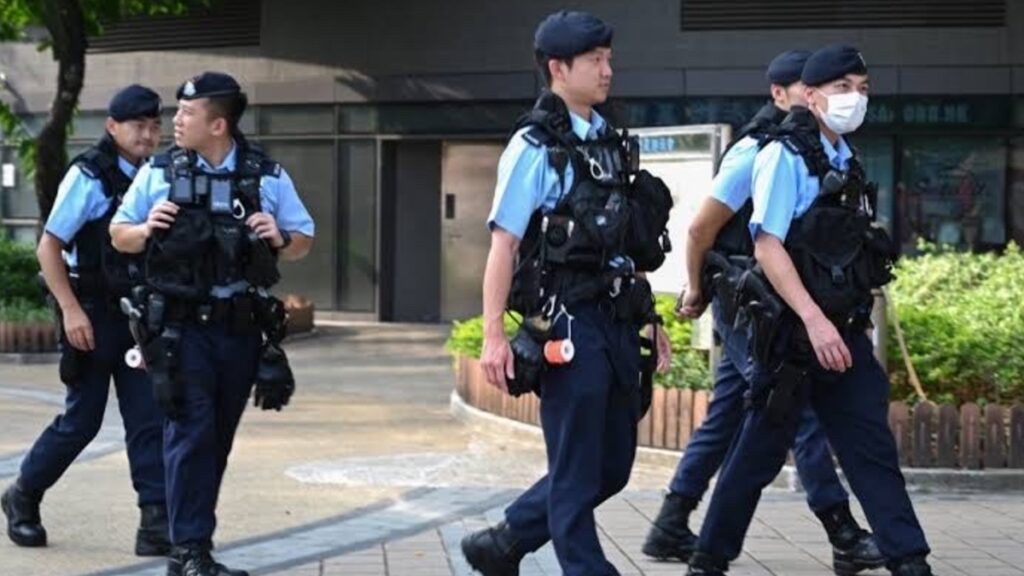Hong Kong authorities have seen an increase in fake banknotes that are being distributed through cryptocurrency frauds.

A local source states that 3,396 counterfeit notes were found by the Hong Kong police between January and April of 2024. The total face value of the counterfeit goods was HK$2.55 million, or around $326,130.
More specifically, the majority of these fakes in circulation can be attributed to just three cryptocurrency scams and frauds. In one instance, a scammer in Tsim Sha Tsui set up a fake cryptocurrency for a cash counter.
This scammer took advantage of an unwary woman who swapped HK$1 million for Tether’s USDT stablecoin. The woman was left with phony HK$1,000 notes after the scammer fled with the cryptocurrency payments.
A similar scheme was used to steal HK$1 million from another person, and the fraudster made off with the victim’s USDT. According to a recent report, 347 low-quality counterfeit banknotes and 1,693 “training notes” connected to these schemes have been recovered by the Hong Kong police.
Training notes, which closely mimic real currency, are used to train bank employees. Three people have been taken into custody by the police in relation to these schemes.
In the same Tsim Sha Tsui neighborhood earlier this year, the Hong Kong police also seized 3,000 hell banknotes, a safe, and a note-counting machine from a cryptocurrency trade business.
In traditional Chinese rites, hell bills are offered to ancestors or deities. These look a lot like actual money. Currently, the government is requesting that people turn in counterfeit currency to the police or else they could be charged with “the offense of passing counterfeit currency.”
The Hong Kong police have also observed a notable increase in crimes involving cryptocurrencies in recent times. In only a single year, the number of cryptocurrency-related crimes has increased from 2,336 to 3,415.
As a result, a staggering $553 million in funds have been lost. There were two main strategies used in the scams. In the first scenario, scammers attempt to persuade victims to transfer money to their wallets.
Scams involving the butchering of pigs are the usual example of this. Authorities claim that the con artists also use foreign cryptocurrency exchanges, which makes tracking them much more difficult. In the alternate scenario, con artists took advantage of cryptocurrency’s excitement.
Since cryptocurrencies are currently a trendy issue in finance, con artists frequently take advantage of their victims’ ignorance to trick them. More attention has been paid to the area due to the rise in crypto crimes.
The securities regulator in Hong Kong has established a licensing system for cryptocurrency service providers. However, to fight cybercrimes, Chinese officials have promised to collaborate with the United Arab Emirates (UAE).
